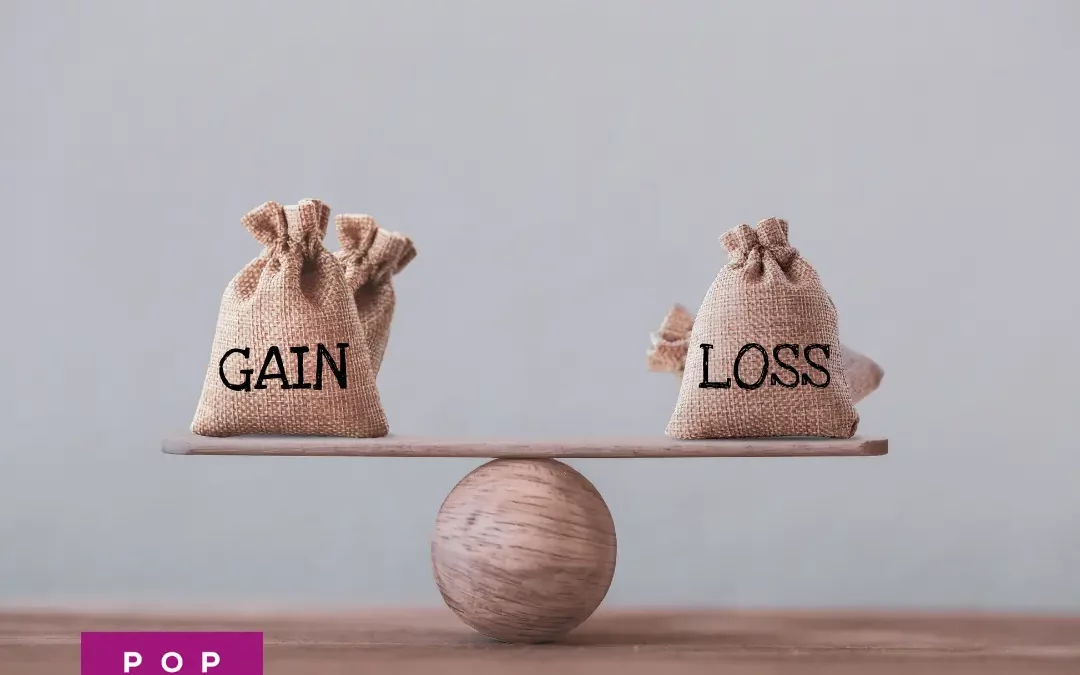“Women just aren’t that smart.”
Do you … strongly disagree, disagree, agree, or strongly agree?
I’m guessing you didn’t waste any time in saying “strongly disagree! And how dare you!”
Rightfully so. It’s a pretty sexist statement.
What if I added one single word …
*Some* women just aren’t that smart.
Does your answer change?
Probably so.
Ok, so what’s the point and why does this matter?
It’s actually quite fascinating.
Perceived morality and your resulting decisions
This was done in a research study and it was found that the subjects who immediately dismissed the sexist comment were more likely to exhibit sexist behavior later on.
The participants were given one of the two statements above (women just aren’t that smart OR some women just aren’t that smart). Then they were given a simulation of a hiring procedure in a predominantly male role.
The participants who dismissed the sexist remark were more likely to be sexist in their hiring process.
Strange, huh?
Not entirely.
What psychologists have determined is that when an individual does something that they view as “good” or morally pure … they are more likely to “let up” or loosen their grip on that morally sound behavior.
The study was replicated with a racist theme and the same results were found.
Morality and dieting/exercise
It was also replicated in a dieting scenario and, yup, you guessed it, same outcome.
The dieting scenario was interesting.
They had subjects rating the morality of exercise and the group that thought of themselves as “good” for exercising were more likely to cheat on their diet.
The researchers then did a similar test with regards to progress.
The group of dieters that were consistently reminded of how much progress they were making and how “good” they were for making progress were more likely to sabotage their efforts and back track.
The group of dieters that were making the same amount of progress but weren’t told or reminded of how “good” their progress was, were more likely to stay on track.
When they interviewed the subjects, they explained that they felt like they “deserved” a treat or “earned” a reward when they were reminded of their progress.
The concept of morality has been cross-examined numerous times and the same result happens every time.
For example, someone who donates money before walking into a store is more likely to make impulse buys. As if subconsciously their brain is telling them, well you did something “good” so now it’s ok if you do something “bad.”
So does that mean we should never reward ourselves or celebrate our own progress?
Of course not.
My takeaways are two-fold …
The first takeaway is to remove the idea of morality from your journey.
You’re not “good” because you exercise. You’re not “good” because you ate an apple. You’re not “good” because you went for a walk.
You’re simply doing things that align with what you value and things that make you FEEL your best.
On the flip side, you’re not “bad” because you skipped leg day.
You’re not “bad” because you ate a cookie.
You’re not “bad” because you blew your macros out of the water.
You’re simply human and sometimes you make decisions that don’t align with what you actually want.
It’s not right, it’s not wrong. It’s not good, it’s not bad. It just is.
You can work towards tilting the percentages in favor of making more decisions that align with what you want.
That’s all.
The second takeaway is to love the process more than the product.
Getting too focused on progress is a losing proposition. On the one hand, you might get frustrated that you’re not making enough progress.
On the other hand, you might sabotage yourself and let up if you are making solid progress.
Either way, it’s not going to end well.
So pour into the process.
It’s ok to have a moment to acknowledge your progress, but try to come at it from a place of self awareness and monitor your natural inclination to “reward” or “treat” yourself.
Human behavior is the most fascinating thing to me. I don’t think I’ll ever get tired of learning little nuances like this.
I think that’s what separates POP from other programs.
We don’t just assess what’s going on physically, physiologically, hormonally, or metabolically …
We also assess what’s going on psychologically.
And that’s often where the answers are.
So … the next time you find yourself patting yourself on the back for being morally sound … be careful … your next move might be a morally corrupt one 😉







